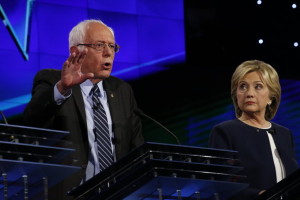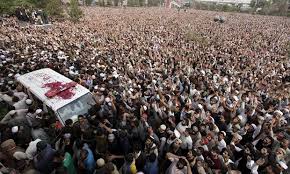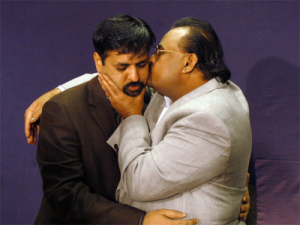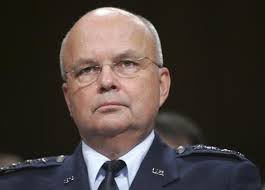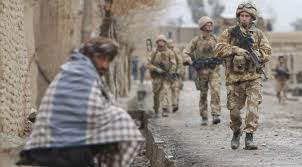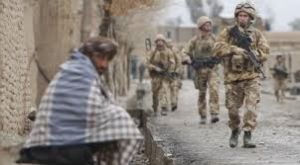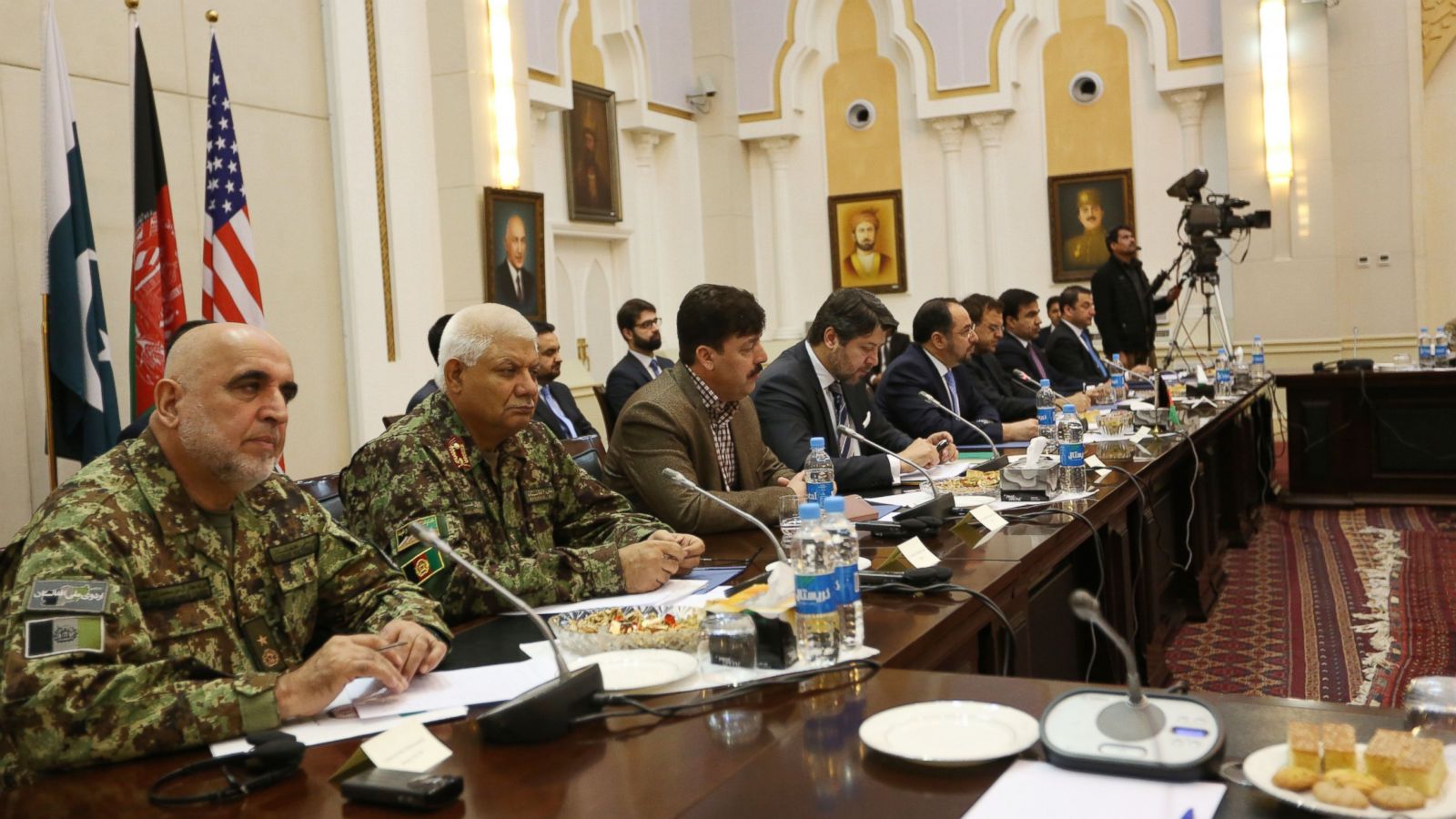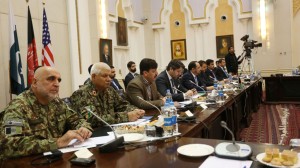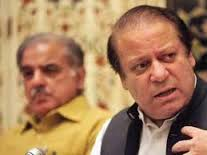My father was the governor of Punjab Province from 2008 until his death in 2011. At that time, he was defending a Christian woman who had fallen afoul of Pakistan’s blasphemy laws, which are used by the Sunni majority to terrorize the country’s few religious minorities. My father spoke out against the laws, and the judgment of television hosts and clerics fell hard on him. He became, in the eyes of many, a blasphemer himself. One January afternoon his bodyguard, Malik Mumtaz Hussain Qadri, shot him dead as he was leaving lunch.
Mr. Qadri became a hero in Pakistan. A mosque in Islamabad was named after him. People came to see him in prison to seek his blessings. The course of justice was impeded. The judge who sentenced him to death had to flee the country. I thought my father’s killer would never face justice.
But then, in the past few months, it became possible to see glimmers of a new resolve on the part of the Pakistani state. The Supreme Court upheld Mr. Qadri’s death sentence last October. Earlier this year, the president turned down the convict’s plea for mercy — which, at least as far as the law goes, was Mr. Qadri’s first admission that he had done anything wrong at all. Then on the last day of last month came the news: Pakistan had hanged Malik Mumtaz Hussain Qadri. How would the country — not the state, but the people — respond?
I spoke to my sister in Lahore and for a moment we dared to hope that Pakistan, which had suffered so much from Islamic terrorism, might turn a corner. A lot had happened in the five years since Mr. Qadri killed our father. There was attack after hideous attack. In December 2014, terrorists struck a school in Peshawar, killing 132 children. Was it possible that Pakistan was tired of blood and radicalism? Had people finally begun to realize that those who kill in the name of a higher law end up becoming a law unto themselves? Had the horrors of the Islamic State in Iraq and Syria done nothing to dampen enthusiasm for Islamism? Perhaps. I hoped.
But when a BBC interviewer asked me about this, something made me equivocate. I said it was too early to say and that we should be careful not to confuse the hardening resolve of the Pakistani government with the will of its people. Mr. Qadri’s funeral was the next day. That would give a better indication of the public mood.
And so it did.
An estimated 100,000 people — a crowd larger than the population of Asheville, N.C. — poured into the streets of Rawalpindi to say farewell to Malik Mumtaz Hussain Qadri. It was among the biggest funerals in Pakistan’s history, alongside those of Muhammad Ali Jinnah, the father of the nation, and Benazir Bhutto, the former prime minister, who was assassinated in 2007. But this was no state funeral; it was spontaneous and it took place despite a media blackout.
As pictures emerged of the sea of humanity that coalesced around the white ambulance strewn with red rose petals that carried Mr. Qadri’s body, a few thoughts occurred to me: Was this the first funeral on this scale ever given to a convicted murderer? Did the men who took to the street in such great numbers come out of their hatred of my father or their love of his killer? They hardly knew Mr. Qadri. The only thing he had done in all his life, as far as they knew, was kill my father. Before that he was anonymous; after that he was in jail. Was this the first time that mourners had assembled on this scale not out of love but out of hate?
And finally, I wondered, what happens when an ideology of hate is no longer just coming from the mouths of Saudi-funded clerics but has infected the body of the people? What do you do when the madness is not confined to radical mosques and madrasas, but is abroad among a population of nearly 200 million?
The form of Islam that has appeared in our time — and that killed my father and so many others — is not, as some like to claim, medieval. It’s not even traditional. It is modern in the most basic sense: It is utterly new. The men who came to mourn my father’s killer were doing what no one before them had ever done. As I watched this unprecedented funeral, motivated not by love for the man who was dead but by hatred for the man he killed, I recognized that the throng in Rawalpindi was a microcosm of radical Islam’s relationship to our time. It drew its energy from the thing it was reacting against: the modernity that my father, with his condemnation of blasphemy laws and his Western, liberal ideas, represented. Recognizing this doesn’t pardon the 100,000 people who came to grieve for Malik Mumtaz Hussain Qadri, but it reminds us that their existence is tied up with our own.




